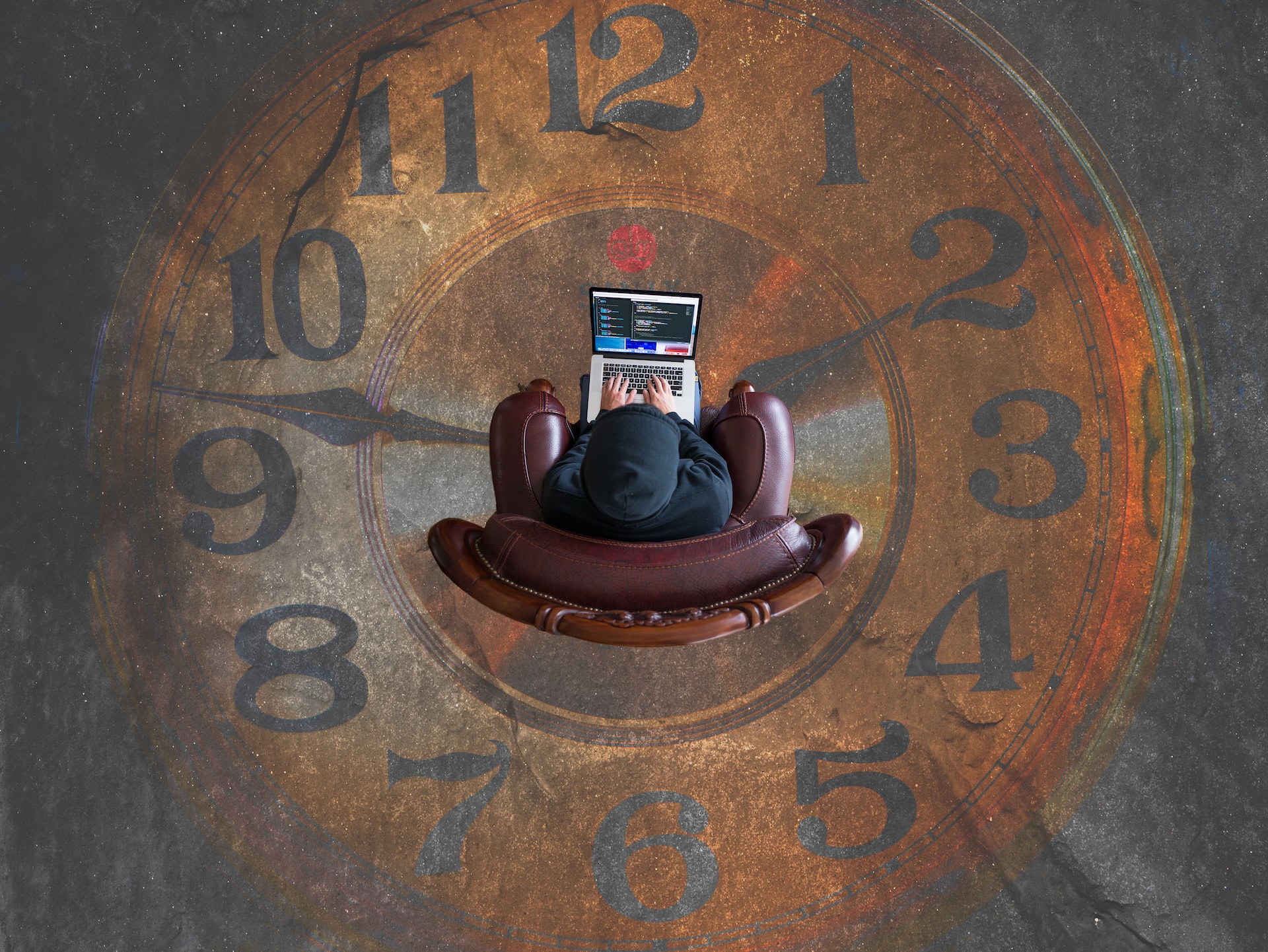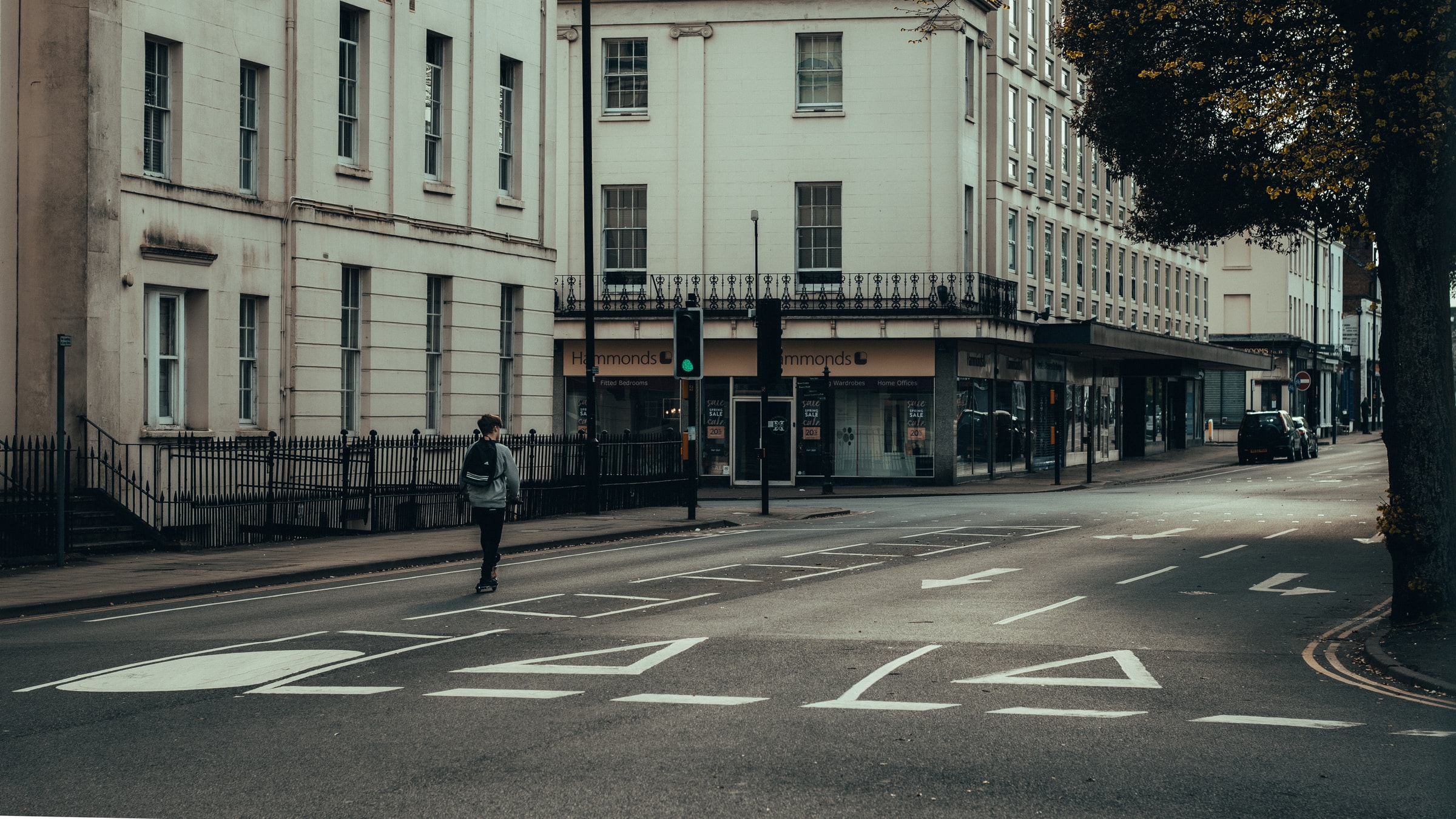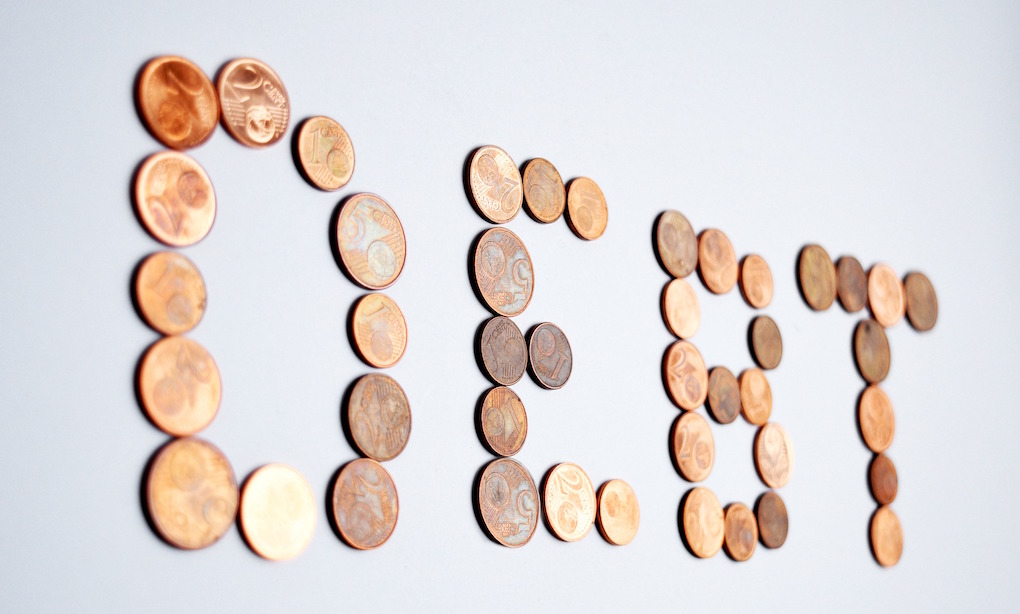If you’re facing financial woes, Bankruptcy or a Debt Relief Order may be suitable solutions for your situation. In either case, an Official Receiver will be responsible for the personal insolvency process. This guide provides more information about what the role of the official receiver entails and how you can cooperate with them in order to provide critical information needed in this process.
What's Included?
What is an official receiver?
Official receivers are employed by the Insolvency Service and serve as officers of the court. They manage the bankruptcy or Debt Relief Order (DRO) procedure, much in the same way that a private sector insolvency practitioner handles Individual Voluntary Arrangements. In other words, they organise all paperwork related to your debt solution and take care of any relevant processes on your behalf.
What is the job of an official receiver?
As a civil servant specialising in insolvency, the job of an official receiver is to guarantee that your bankruptcy or DRO will progress without issues. Among their many obligations are informing creditors about any arrangements made with you, acquiring and disposing of assets owned by you, as well as investigating financial affairs for proper compliance during the period relief/bankruptcy are in effect. For DRO cases specifically, it’s also incumbent upon them to assess applications and decide whether granting should proceed or not.
What does an official receiver check?
After the declaration of insolvency is signed, the official receiver will investigate your financial situation to decide how much debt you owe and whether or not you have enough income accessible for making payments towards this debt.
During this procedure, the official receiver will examine:
Bank accounts
If you declare bankruptcy, the official receiver will require an interview with you. You must prepare yourself by bringing along essential documents, such as your main bank account statements.
Bank statements
The official receiver examines your bank statements in detail to gain an understanding of your financial situation. After carefully studying the transactions, they are able to decide how best to allocate any funds from your accounts and savings towards paying off creditors – those to whom you owe money.
How can Credibble help me?
Dealing with debt can be overwhelming, especially when debt collectors or bailiffs are involved. Don’t panic! The Credibble Team is here to help. We can help you to stop proceedings and reduce the cost of your debt for free.
We offer a unique debt solution service partnered with Equifax, a world leader providing consumer credit report data. This means we have instant access to all your major debt without you having to search through your paperwork. Furthermore, we’re supported by the Natwest Accelerator Programme for business and have a multiyear relationship with the organisation. Our extensive and unique personal finance knowledge goes far beyond debt solutions – so you can trust that you are in safe hands.
Understand the Importance of working with Your Official Receiver for the Best Results
It is the responsibility of the official receiver to examine your financial situation leading up to bankruptcy in order to understand why you were unable to maintain payments. As part of this investigation, they may ask for assistance from you as well. Cooperating with them and supplying any necessary information requested, will speed the process towards resolving your debt problems more quickly.
Official receiver questionnaire
Before the official receiver interview, you may receive a questionnaire from them to aid in collecting as much information about your financial state. This inquiry aims to establish whether or not you can afford an Income Payments Agreement over the course of your bankruptcy, which would require providing details regarding both income and expenditure.
Official receiver interview
Ten business days after filing for bankruptcy or having your order made, you must meet with the official receiver. This allows them to further investigate your financial records: examining the information in the questionnaire, inquiring concerning any personal and/or company assets, as well as addressing any queries about going bankrupt that you might have.
Tips for Preparing for the Interview
1. Gather all necessary documents ahead of time: This includes bank statements, pay slips, any financial investment information, utility bills and so on that could help establish your expenditure and income.
2. Understand what is expected: Familiarise yourself with their questionnaire or interview questions so you can be prepared to answer them confidently – and don’t give misleading or false information; this could delay the process.
3. Consider obtaining guidance from a professional: Speaking to an insolvency practitioner, accountant or solicitor might be beneficial for understanding what the official receiver will ask and require of you during the interview.
4. Have a budget: Having an up-to-date budget will be beneficial for providing the official receiver with full disclosure of your current financial situation.
5. Don’t be afraid to ask questions: Finally, if you feel overwhelmed by the process or uncertain of something, then don’t hesitate to ask – doing so can help make sure you are ready to present your case confidently.
After discharge can the official receiver still take money away from me?
Whether or not you will be required to make income payments depends on the agreement. If your disposable income is sufficient, then the official receiver may set up an Income Payment Agreement/Order (IPA/O) for three years – though this can be adjusted if necessary due to changes in circumstances or income. In addition, any missed payments during this period of time must still be paid by you – and the official receiver has the authority to pursue payment.
What happens after the official receiver makes their determination?
Once the official receiver has reviewed your finances and determined if you are eligible for bankruptcy, they will inform all creditors of the decision. They can then set up an Income Payment Agreement/Order (IPA/O) and appoint a trustee to manage your case.
Can the official receiver take money from my inheritance?
A few aspects, primarily the timing of when you receive your inheritance funds, will determine what happens to them. If it was prior to the bankruptcy filing, then this asset must be surrendered to the official receiver.
When you receive an inheritance before being discharged from bankruptcy, you must advise the Official Receiver as they are entitled to claim it. However, if your discharge has already occurred and then subsequently you obtain an inheritance, that money is entirely yours – there’s no need for notification nor can the Official Receiver seize any of those funds.
Can the official receiver take money from my pension?
Most often, the official receiver won’t be able to seize savings from a pension fund in cases of bankruptcy. Nevertheless, there are specific occasions where this could occur such as when high contributions have been made or if an individual’s scheme isn’t approved by HMRC. Also, if the amount within the pension is enough to cover debts upon filing for bankruptcy then it may not be accepted either.
Can the Official Receiver take my car?
Unfortunately, if you own your car outright, it may be considered an asset in both bankruptcy and DRO cases. This could result in it being claimed by the official receiver or cause a denial of your application. On the other hand, if you have financed your vehicle through a hire purchase or conditional sales agreement then they will likely permit its retention as ownership does not pass to you until full payment is made.
Still, you might have to part with your car due to the DRO or bankruptcy as it will be challenging for you to keep up with the payments. Fortunately, there is a way out of this dilemma; if you want to maintain ownership of your vehicle, someone else can purchase it at its worth and allow you access afterwards. On the other hand, if money from an external source such as yourself or friends is used in acquiring a new car, then chances are that it would be taken away by the official receiver for debt settlement.
How far back into my finances does the official receiver go?
As part of the bankruptcy application process, the official receiver will investigate your financial activities from the five years before you applied for protection. Transactions related to asset distribution or sale may be scrutinised and this varies depending on individual circumstances. The purpose behind this is to determine if anything has been sold at a value less than the original amount (undervalue). If such evidence is discovered, then any transactions like these are reversed and these assets become part of your estate again.
Avoid lying to the official receiver
Lying to the official receiver about your finances when applying for bankruptcy or a DRO is criminally punishable. Similarly, it is crucial not to conceal any assets worth more than £500 as you will be obligated to relinquish these items in order for them to be sold and aid with repayment of your debt.
Anyone found lying to the official receiver is at risk of severe consequences, including steep fines and up to seven years in prison. In certain cases, both punishments may apply. On top of this, a Bankruptcy Restriction Order (BRO) could be imposed that extends existing restrictions for up to 15 years. The punishment will vary depending on the seriousness of your offence; more extreme offences are typically met with harsher sanctions.
Frequently Asked Questions
What happens after official receiver interview?
After the interview, the official receiver will report to creditors on your finances and may realise assets. You are usually discharged from bankruptcy in 12 months. [1]
Can official receiver take money after discharge?
Generally no, but the official receiver can resume taking income and assets up to 3 years after discharge if new information arises. [2]
How long does official receiver take?
The official receiver’s involvement typically lasts for around 12 months until discharge. They may resume powers for up to 3 years if issues arise. [3]
Does the official receiver check bank statements?
Yes, the official receiver can request bank statements and details of income, assets and creditors as part of assessing your financial situation. [4]
Will the official receiver contact my landlord?
Possibly, if ownership of your home is unclear. They may contact the landlord to establish if the property is an asset they can sell. [5]
What powers does an official receiver have?
Powers include investigating finances, selling assets, challenging transactions, approving creditors and distributing proceeds from asset sales. [6]
What is the official receiver process?
The process involves assessing finances, reporting to court and creditors, realising assets and distributing proceeds, and then discharging the bankruptcy. [7]
Can creditors look at your bank account?
No, individual creditors cannot see bank account details without a court order. But the official receiver has powers to obtain statements. [8]
Who pays the official receiver?
The official receiver is paid from proceeds of selling your assets first. If insufficient, their fees come from government funds. [9]
Why is an official receiver appointed?
They are appointed by the court in UK bankruptcies to act in the public interest by investigating the bankrupt’s affairs and assets. [10]
What is the official receiver deposit?
This is an upfront deposit required towards the official receiver’s costs and fees if you petition for your own bankruptcy. [11]
How do you deal with an official receiver?
Cooperate fully by providing complete details of your finances. Seek guidance if unsure what assets can be kept or transactions challenged. [12]
Will the official receiver let me keep my car?
Possibly, if your car is essential for work or meets low asset thresholds. But any value above thresholds may be sold to repay creditors. [13]
References:
- https://www.insolvencydirect.bis.gov.uk/technicalmanual/Ch31-36/Chapter31/part1/part_1.htm
- https://www.stepchange.org/debt-info/bankruptcy/official-receiver.aspx
- https://www.gov.uk/bankruptcy/after-youre-bankrupt
- https://www.insolvencydirect.bis.gov.uk/technicalmanual/Ch31-36/Chapter31/part2/part_2.htm
- https://www.bankruptcyadvice.co.uk/blog/what-powers-does-official-receiver-have/
- https://www.insolvencydirect.bis.gov.uk/technicalmanual/Ch31-36/Chapter31/part2/part_2.htm
- https://www.moneyhelper.org.uk/en/debt-and-borrowing/debt-solutions/bankruptcy/the-bankruptcy-process
- https://www.stepchange.org/debt-info/bankruptcy/will-it-affect-my-bank-account-and-access-to-cash.aspx
- https://www.gov.uk/bankruptcy/paying-official-receivers-fees
- https://www.insolvencydirect.bis.gov.uk/technicalmanual/Ch31-36/Chapter31/part1/part_1.htm
- https://www.gov.uk/bankruptcy/applying-for-your-own-bankruptcy
- https://www.citizensadvice.org.uk/debt-and-money/debt-solutions/bankruptcy/compulsory-bankruptcy/dealing-with-the-official-receiver/
- https://www.bankruptcyadvice.co.uk/blog/cars-after-bankruptcy-can-i-keep-my-car/






